



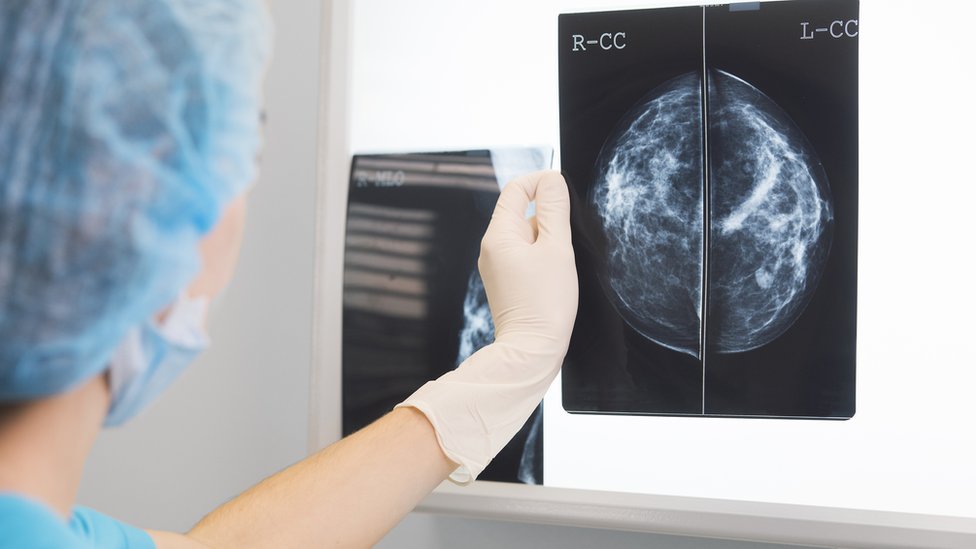

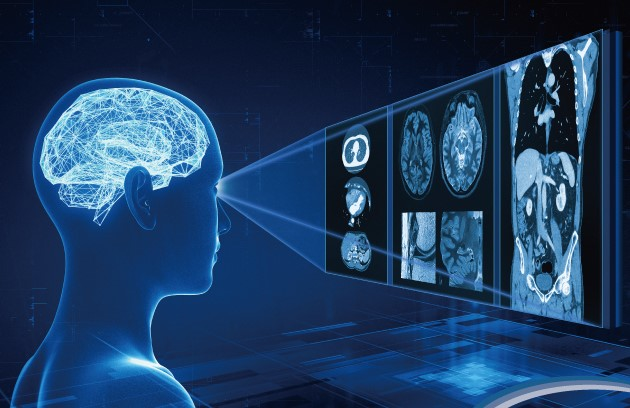
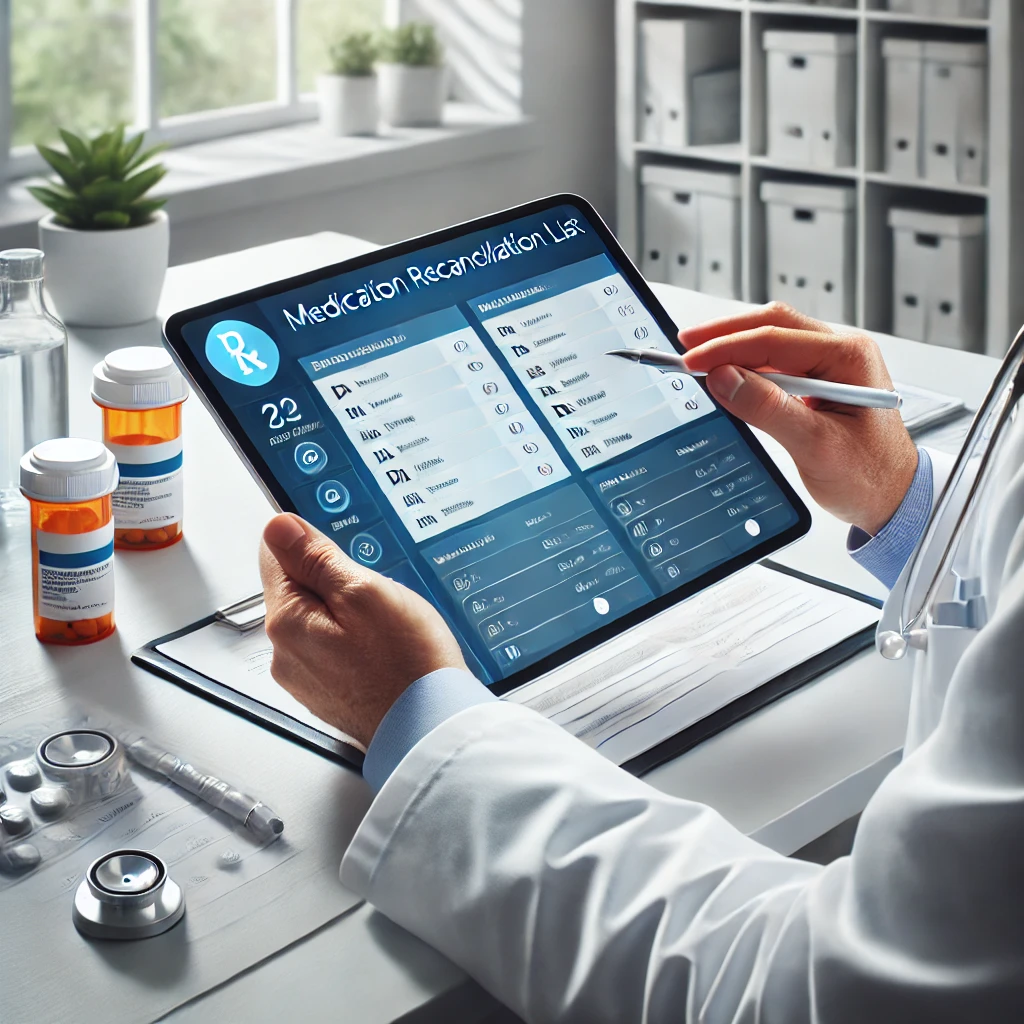
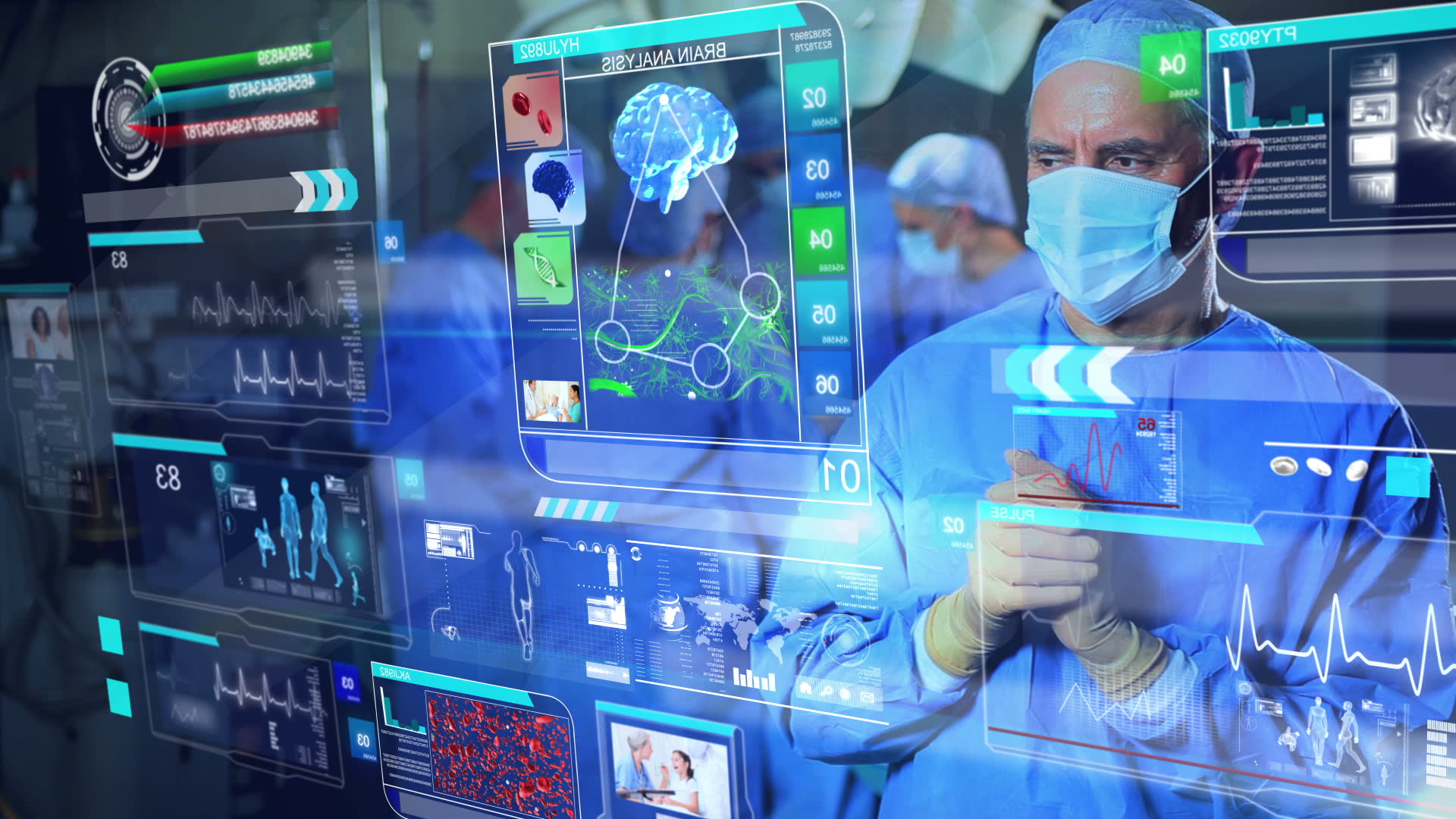
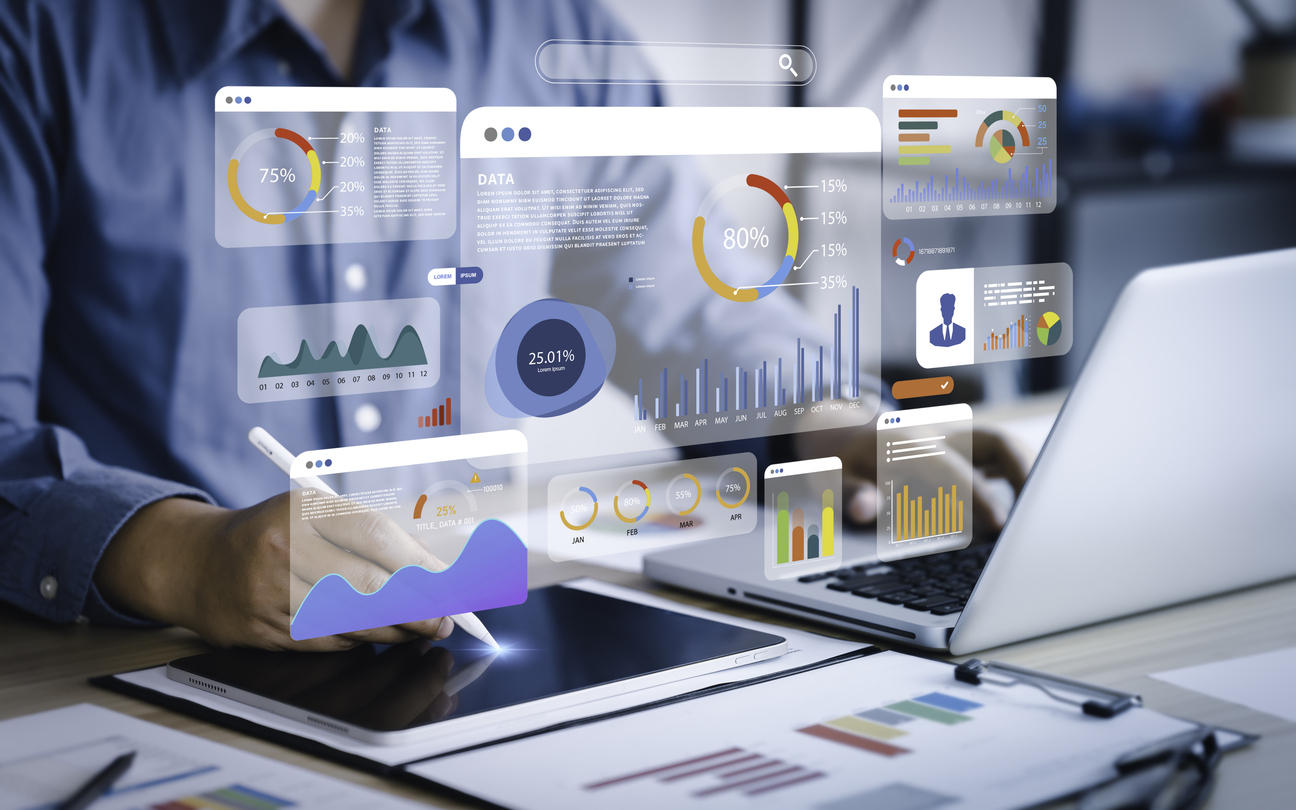

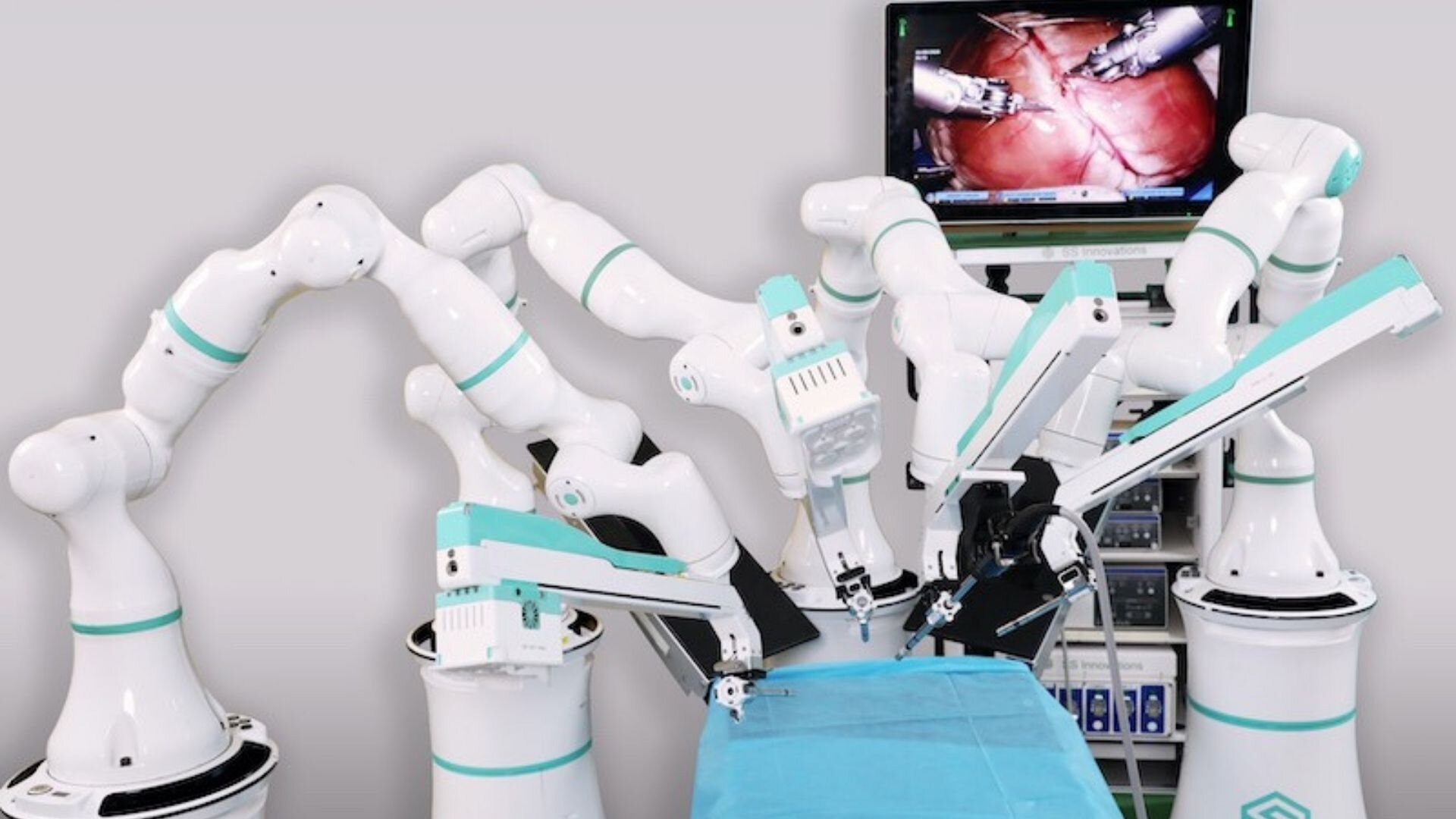

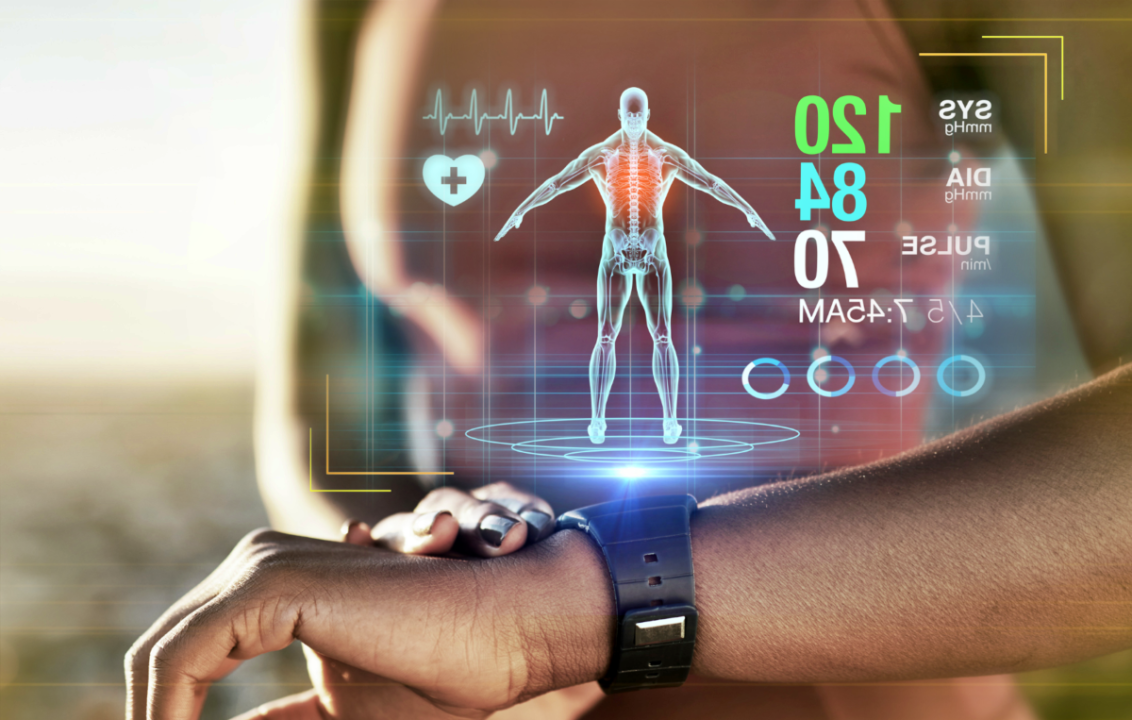
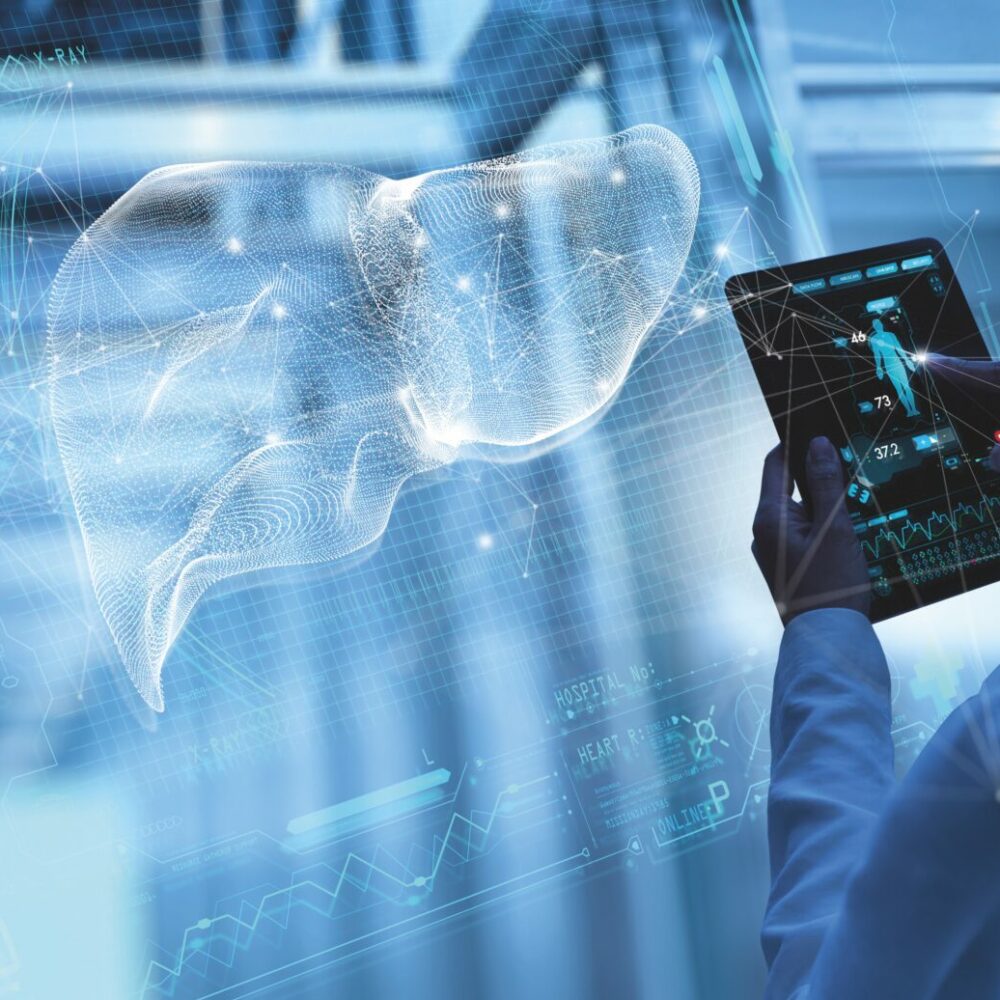

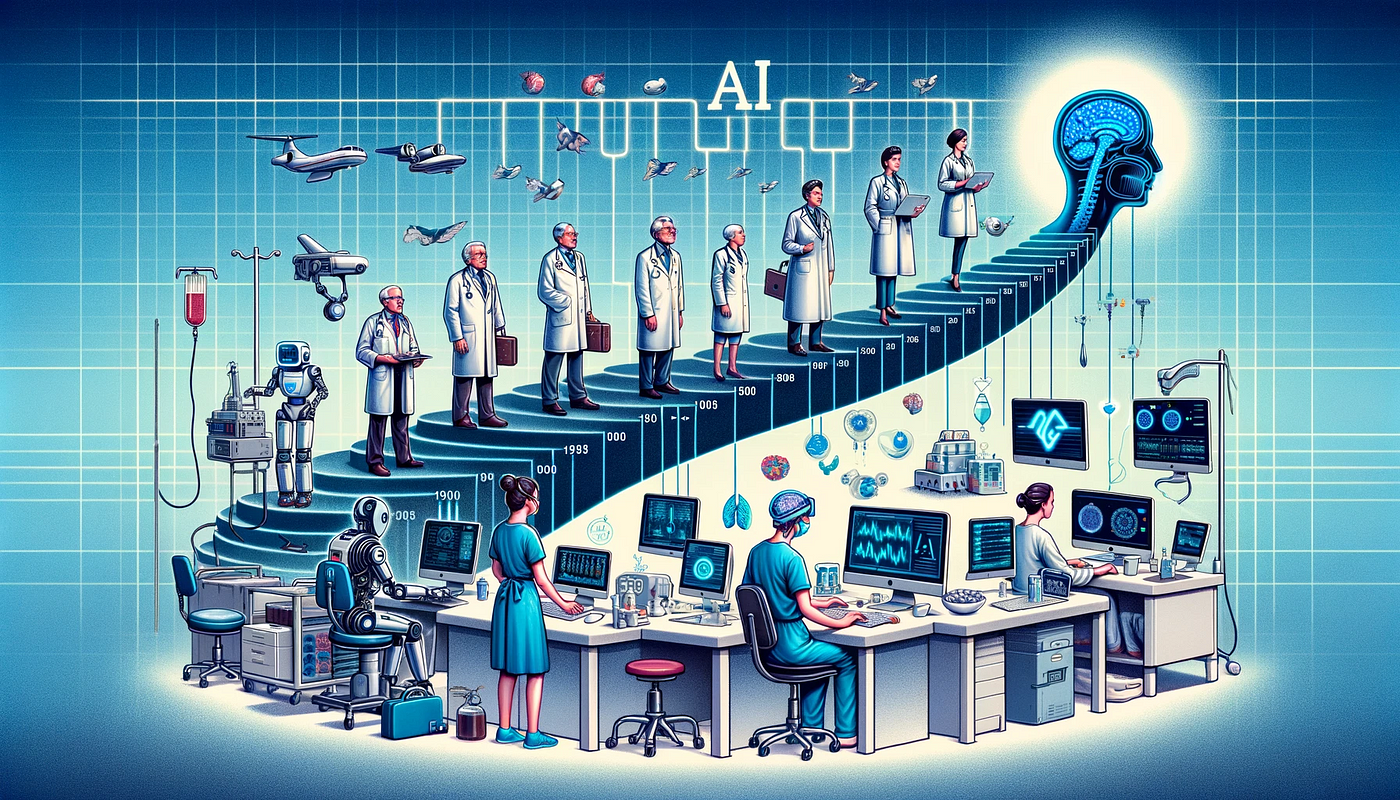

The healthcare industry is witnessing a seismic shift as technology, research, and innovation converge to redefine medical practices. The year 2025 is poised to bring remarkable advancements, with the following trends at the forefront:
AI is no longer a futuristic concept—it is becoming an essential tool in healthcare. Machine learning algorithms are streamlining administrative processes, diagnosing diseases with unprecedented accuracy, and tailoring treatments to individual patient needs. These capabilities reduce human error and optimize resource utilization, paving the way for smarter and more efficient healthcare systems.
The pandemic accelerated the adoption of telemedicine, and its momentum continues. Virtual consultations and remote monitoring enable healthcare providers to reach patients in distant or underserved areas. This trend not only increases access to care but also alleviates the strain on hospitals and clinics.
Advances in genomics are unlocking the potential for precision medicine. By understanding a patient’s genetic blueprint, healthcare providers can devise personalized treatments, particularly for complex conditions like cancer. This approach enhances the efficacy of interventions while minimizing adverse effects.
Wearables, from smartwatches to fitness trackers, are empowering individuals to take charge of their health. These devices monitor vital signs and activity levels in real time, providing valuable data for both patients and healthcare providers. This proactive approach helps in early disease detection and promotes better overall health management.
Robotic-assisted surgeries are revolutionizing the operating room. These systems offer precision and control, enabling minimally invasive procedures that lead to faster recovery times and reduced complications. Robotics is set to become a standard in modern surgical practices.
3D printing is transforming how medical devices, prosthetics, and even tissues are created. This technology offers personalized solutions tailored to patient anatomy, improving outcomes in areas like reconstructive surgery and organ transplantation.
In an age of big data, ensuring seamless sharing of patient information across systems is critical. Improved interoperability enhances coordination among providers, reduces redundant tests, and fosters more informed clinical decisions. Unified data systems are integral to creating a connected healthcare ecosystem.
These seven trends signal a future where healthcare becomes more connected, efficient, and patient-centric. As we move toward 2025, the integration of these innovations will not only transform the delivery of medical care but also improve global health outcomes. Healthcare providers, policymakers, and technology leaders must work collaboratively to harness the full potential of these advancements. The future of medicine is here, and it is undeniably exciting.
